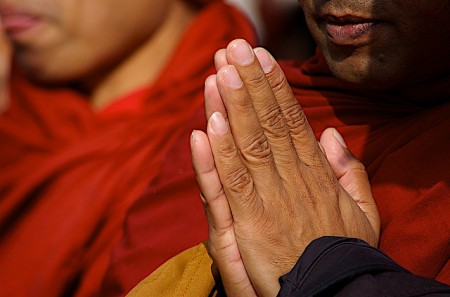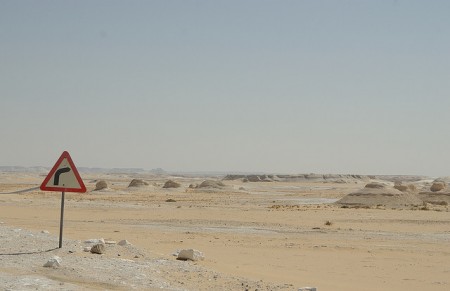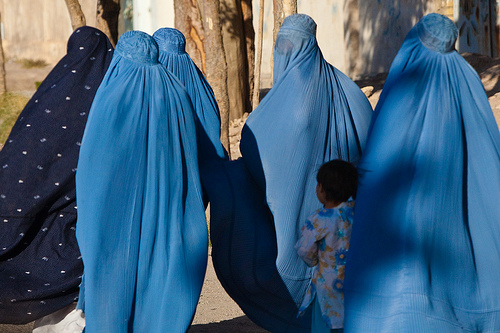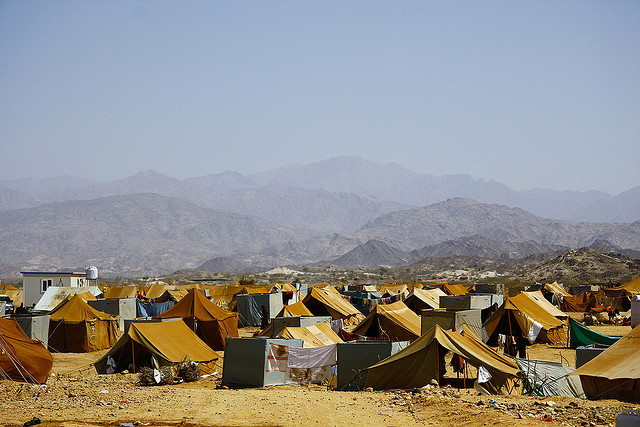
On 31 January 2011, Burma’s parliament will convene in the country’s newly erected capital, Nay Pyi Taw, for the very first time. The opening session will take place 85 days after the nation’s first elections in 20 years, in which the junta’s proxy, the Union Solidarity and Development Party (USDP), claims to have won almost 80 percent of the seats. The new National Assembly will come to consist of an Upper House with 168 elected seats and 56 reserved for the military, and a Lower House with 330 elected and 110 military seats. With solid majorities of 129 seats in the Upper House and 259 in the Lower House that the USDP achieved through the rigged November elections, plus the 25 percent of seats reserved for the military, the new system will ensure – in a new and legal way – the continuation of the old military-ruled order.
The Burmese junta is obviously forcefully pressing ahead with its plans to create a “discipline-flourishing democracy”. Parliament’s first task will be to set up an electoral college with representatives from the three chambers in order to nominate a new president. According to the 2008 constitution, the president does not need to be an elected member of parliament but must be familiar with military affairs. According to political observers, Than Shwe, junta chief since 1992 and commander-in-chief of the armed forces, is therefore a likely candidate, as are Generals Maung Aye and Shwe Mann, the second and third-highest ranking officers in the ruling military.
On the surface, it thus seems as if little has changed in these three months since the elections and daily life has remained virtually unchanged for the bulk of the Burmese people. There has been no release of prisoners, no relaxation of censorship, and no improvement in the standard of living. Meanwhile, Burma’s partners in the Association of Southeast Asian Nations (ASEAN) have hailed the election as progress and called on Western nations to drop their economic and financial sanctions.




